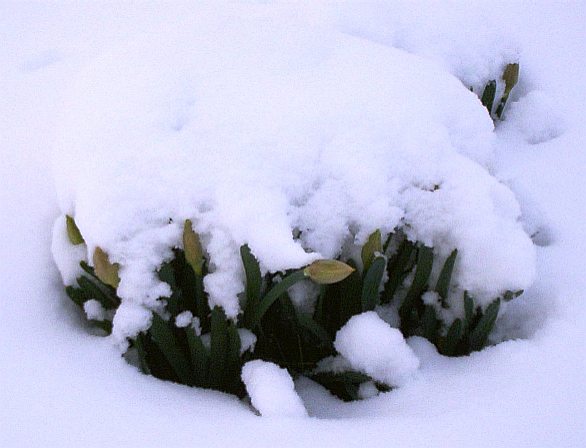
The title of Dymphna’s post, “Something Vicious and Dishonorable”, made me think of the opposite of Vice, which is Virtue. And Virtue always makes me think of the wisdom of Lao Tzu, as recorded in the The Tao Te Ching two and a half millennia ago. The word “virtue” appears no fewer than sixty-four times in Gia-Fu Feng’s translation of the book.
Below is the 51st chapter of The Tao Te Ching:
All things arise from Tao.
They are nourished by Virtue.
They are formed from matter.
They are shaped by environment.
Thus the ten thousand things all respect Tao and honor Virtue.
Respect of Tao and honor of Virtue are not demanded,
But they are in the nature of things.Therefore all things arise from Tao.
By Virtue they are nourished,
Developed, cared for,
Sheltered, comforted,
Grown, and protected.
Creating without claiming,
Doing without taking credit,
Guiding without interfering,
This is Primal Virtue.

And so it’s part of our DNA? The part that can be made defective, virtue turning into vice because of sheer excess?
We have too much stuff, too many things.
We want with excess desire, the next “thing” we’re shown.
We envy those who seem to have enough – even as we can see their empty eyes in the endlessly compulsive, serial selfies.
Envy is the foundation of Islam. It began with the compulsive banditry of the Prophet. Long before he went to the cave to listen to Gabriel’s ever-evolving message, he was all about stealing from caravans. An ordinary thief. But after the visions, he changed.
Then it became, “take their stuff, take their women, kill them and inhabit their lives” (a loose translation, but accurate enough).
Mohammed knew bupkis about Being but he understood Having in great detail. Which is why Islam is a form of dialectical materialism, with a decided emphasis on the “material”.
So true. What value is there to anything when people never have enough? How much is enough?
To the followers of the Koran we already know the answer.
I don’t know why “ten thousand things” (万物) always gets translated literally like that. For those who don’t know this means “the ten thousand things of creation; all things of creation all things on the earth”.
In Laozi, virtue is not human virtue in the western sense and it’s opposite is not vice, because it has no opposite. It is not equivalent to “morality,” not in the least. It is a quality of Being that is purely correct. It (virtue) would be even without humanity, but man can, osmotically, be at oneness with it, re-express it, if he maintains his detachment. A better translation would be “that which is the true fiber of of right existence.”
Yes, I understand the word “Virtue” in the Taoist sense.
Funnily enough, the English word originally meant something much closer to that, but its meaning has shifted over the centuries. It’s almost as if the concept itself has been lost — we no longer understand Virtue as it used to be understood.
My dear Baron, you have the Gia-Fu Feng translation? The edition with the photos – taken by a photographer (a woman, if I recall correctly – Jane…?) whose name at present escapes me? Jane English!
I have the first edition; bought it forty-three years ago in Pacific Grove, California; but it’s now buried in the mountains of boxes that hold my library and Archives.
“Thirty spokes….”
“Ripple in still water….”
Yes, I have that edition, bought it in 1975, I think. I don’t know if it’s still in print. The photos are beautiful, and really encourage a contemplative mood.
I took my motto from Chapter 2:
Work is done, then forgotten.
Therefore it lasts forever.
I’ll admit I am ignorant of Taoist beliefs or their definition of virtue. I don’t know if virtue is built into our DNA or if it’s a learned behavior. Some would call the defect original sin. I would agree with your analysis of Islam that envy is the foundation of Islam but also control. I don’t believe Islam ever cornered the market on human evil, but their whole ideology of envy and control could be a virtue they hold based on the teaching of the Qu’ran, the Sira, and the Hadiths, depending on one’s definition of virtue. I don’t believe the Roman definition of virtue was the same as the ancient Hebrews or later Jews. Thank for adding these thoughts.